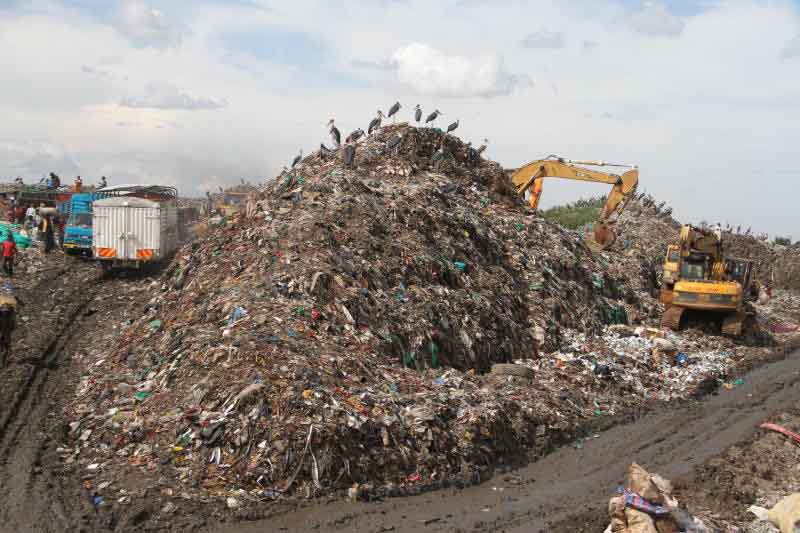×
The Standard e-Paper
Fearless, Trusted News

Counties still struggle to achieve effective waste management in their urban centres due to failure to allocate adequate funds for disposal initiatives.
Lack of funds is hampering the entire waste management cycle from collection, transportation and disposal, leading to mounds of waste. The situation is exposing the ever-increasing population in metropolis regions to unnecessary environmental hazards.







